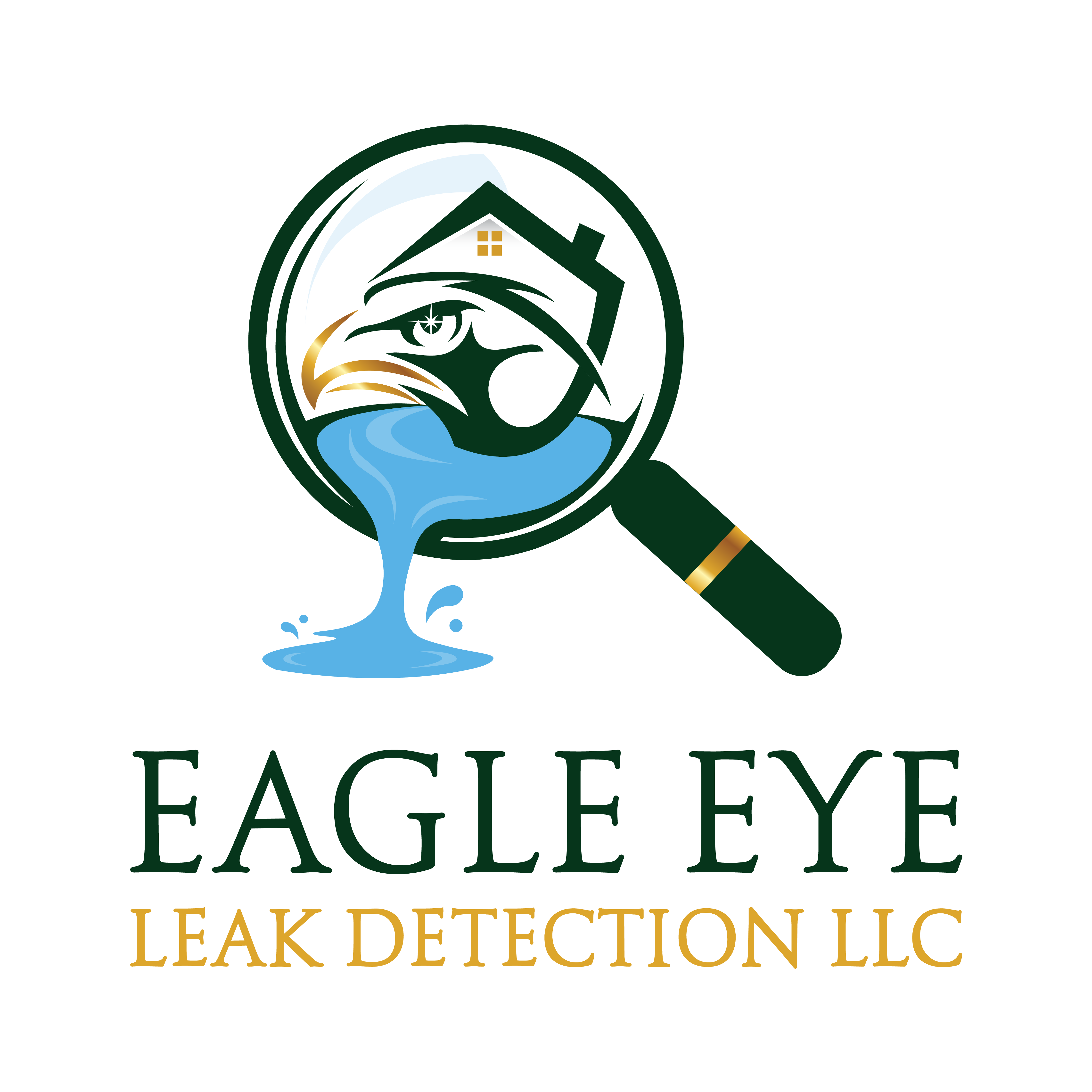Paleseafoam Leak: The Inside Scoop You Need To Know
Alright, let’s cut to the chase. If you’ve stumbled upon the term "paleseafoam leak," you’re not alone. This phenomenon has been making waves across the internet, and for good reason. Whether you’re a tech enthusiast, a gamer, or just someone curious about the latest digital trends, this topic is worth diving into. Paleseafoam leaks have become a buzzword, and understanding what they’re all about could save you a lot of headaches—or maybe even give you an edge in the digital world.
Now, before we dive headfirst into the nitty-gritty, let’s break it down for those who might be scratching their heads. A paleseafoam leak typically refers to unauthorized or premature releases of information, data, or software that was intended to remain private. Think of it as someone spilling the beans on a big secret before it’s officially announced. This kind of leak can have serious implications, from disrupting business plans to affecting consumer trust.
So, why should you care? Well, if you’re into tech, gaming, or anything related to digital content, these leaks can impact you directly. They can reveal upcoming products, features, or strategies that companies have been working on in secret. While some people see leaks as exciting sneak peeks, others view them as a breach of trust. Let’s explore this topic further and uncover the truth behind paleseafoam leaks.
- Lexi Rivera Naked Understanding The Sensation Behind The Search
- Jennette Mccurdy Naked The Truth Behind The Clickbait And Sensationalism
What Exactly Is a Paleseafoam Leak?
Let’s get one thing straight—paleseafoam leaks aren’t your run-of-the-mill coffee spills. These leaks are more like digital whispers that spread like wildfire across forums, social media, and online communities. Essentially, a paleseafoam leak occurs when confidential information, such as unreleased software, game updates, or even corporate strategies, is inadvertently or intentionally shared with the public before its official release date.
These leaks can happen for various reasons. Sometimes, it’s an insider who decides to share the goods, either intentionally or by accident. Other times, it’s a security flaw in the system that allows hackers to access sensitive data. Regardless of how it happens, the result is often the same: a flood of information that wasn’t meant to see the light of day.
Types of Paleseafoam Leaks
Not all leaks are created equal. In the world of paleseafoam leaks, there are different categories that define the nature and impact of the breach. Here are a few common types:
- Livvy Dunne Nudes Separating Facts From Fiction In The Digital Age
- Melissa Oneil Nude Facts Myths And The Truth Behind The Controversy
- Software Leaks: Think of beta versions of apps or games being shared before they’re ready for prime time.
- Data Leaks: This involves sensitive information, like user data or company strategies, being exposed.
- Feature Leaks: These are sneak peeks into upcoming features or products that companies haven’t officially announced yet.
Each type of leak comes with its own set of consequences, and understanding the differences can help you navigate the digital landscape more effectively.
Why Do Paleseafoam Leaks Happen?
Now that we’ve established what paleseafoam leaks are, let’s talk about why they happen in the first place. It’s not always as straightforward as someone intentionally spilling the beans. In fact, there are several factors that contribute to these leaks:
First off, human error plays a big role. Employees might accidentally upload files to public servers or forget to secure sensitive data properly. Then there’s the issue of insider threats—people within the organization who choose to leak information for personal gain or out of dissatisfaction. And let’s not forget about hackers, who are constantly on the prowl for vulnerabilities to exploit.
Common Causes of Leaks
Here’s a quick rundown of the most common causes:
- Human Error: Mistakes happen, even in the most secure environments.
- Insider Threats: Sometimes, the leak comes from within.
- Hacking: Cybercriminals are always looking for ways to access sensitive data.
Understanding these causes can help organizations take steps to prevent future leaks and protect their valuable assets.
The Impact of Paleseafoam Leaks
So, what happens when a paleseafoam leak occurs? The impact can vary depending on the nature of the leak and the industry involved. For companies, it can mean a loss of trust from customers, damage to their reputation, or even financial losses. On the flip side, some leaks can generate buzz and excitement, especially in the gaming and tech communities.
For consumers, the impact might be less direct, but it’s still significant. Imagine finding out about a new feature in your favorite game weeks before it’s officially announced. While it might sound exciting, it can also lead to disappointment if the final product doesn’t live up to the hype.
Industry-Specific Impacts
Let’s take a closer look at how different industries are affected by paleseafoam leaks:
- Gaming: Leaks can reveal upcoming game features, creating anticipation or backlash.
- Technology: Companies might have to rush their product launches to beat the leak.
- Finance: Sensitive data leaks can lead to market fluctuations and investor panic.
Each industry has its own unique challenges when it comes to dealing with leaks, and understanding these challenges can help organizations prepare for the worst.
Preventing Paleseafoam Leaks
Now that we’ve talked about the causes and impacts of paleseafoam leaks, let’s shift our focus to prevention. While it’s impossible to completely eliminate the risk of leaks, there are steps that organizations can take to minimize the chances:
Implementing robust security measures, such as encryption and access controls, is a great starting point. Training employees on data security best practices can also go a long way in reducing the risk of human error. And let’s not forget about monitoring for potential threats—having a system in place to detect and respond to leaks quickly can mitigate the damage.
Best Practices for Leak Prevention
Here are some best practices that organizations can adopt:
- Encryption: Protect sensitive data with strong encryption protocols.
- Access Controls: Limit access to confidential information to only those who need it.
- Employee Training: Educate employees on the importance of data security.
By following these best practices, organizations can create a more secure environment and reduce the likelihood of paleseafoam leaks occurring.
The Role of Social Media in Paleseafoam Leaks
Social media has become a double-edged sword when it comes to paleseafoam leaks. On one hand, it’s a powerful tool for spreading information quickly and efficiently. On the other hand, it can also amplify the reach of leaks, making them harder to contain. Once a leak hits social media, it can spread like wildfire, reaching millions of people in a matter of hours.
Companies need to be proactive in monitoring social media platforms for any signs of leaks. This means having a dedicated team in place to respond quickly to any potential threats. It also means being transparent with customers when a leak does occur, rather than trying to sweep it under the rug.
How Social Media Amplifies Leaks
Here’s how social media can amplify the impact of paleseafoam leaks:
- Rapid Spread: Information can reach millions of people in seconds.
- Public Reaction: Social media can shape public opinion and influence consumer behavior.
- Media Attention: Leaks can attract media coverage, further amplifying their reach.
Understanding the role of social media in paleseafoam leaks can help organizations prepare for the worst and respond effectively.
Legal Implications of Paleseafoam Leaks
When it comes to paleseafoam leaks, there are legal implications to consider. Depending on the nature of the leak and the industry involved, there could be serious consequences for those responsible. Companies might face lawsuits, fines, or even criminal charges if sensitive data is exposed. And let’s not forget about the potential for class-action lawsuits if consumer data is compromised.
It’s important for organizations to have a clear understanding of the legal landscape surrounding leaks. This means staying up-to-date with relevant laws and regulations, as well as having a plan in place to respond to any legal challenges that may arise.
Key Legal Considerations
Here are some key legal considerations for organizations:
- Data Protection Laws: Ensure compliance with laws like GDPR and CCPA.
- Contractual Obligations: Review agreements with partners and vendors to ensure they meet legal standards.
- Intellectual Property: Protect your intellectual property from unauthorized use or distribution.
By addressing these legal considerations, organizations can better protect themselves from the fallout of paleseafoam leaks.
Case Studies: Real-World Examples of Paleseafoam Leaks
To truly understand the impact of paleseafoam leaks, let’s look at some real-world examples. These case studies highlight the consequences of leaks and provide valuable lessons for organizations looking to prevent them:
One notable example is the leak of a major gaming company’s unreleased title. The leak revealed key features and gameplay mechanics weeks before the official announcement, causing a stir in the gaming community. While some fans were excited by the sneak peek, others were disappointed when the final product didn’t meet their expectations.
Another example involves a tech company whose upcoming product roadmap was leaked online. This forced the company to accelerate their product launches and caused a ripple effect throughout the industry.
Lessons Learned from Case Studies
Here are some key takeaways from these case studies:
- Be Prepared: Have a plan in place to respond to leaks quickly and effectively.
- Communicate Transparently: Be honest with customers and stakeholders about the situation.
- Review Security Measures: Regularly assess and improve your security protocols to prevent future leaks.
By learning from these case studies, organizations can better prepare themselves for the challenges posed by paleseafoam leaks.
Future Trends in Paleseafoam Leaks
As technology continues to evolve, so too does the landscape of paleseafoam leaks. The rise of artificial intelligence, cloud computing, and the Internet of Things (IoT) brings new opportunities—and new risks—for leaks to occur. Organizations need to stay ahead of these trends and adapt their strategies accordingly.
Looking forward, we can expect to see more sophisticated methods of preventing and detecting leaks. This might include advanced analytics tools, machine learning algorithms, and even blockchain technology to enhance data security.
Predictions for the Future
Here are some predictions for the future of paleseafoam leaks:
- Enhanced Security Measures: Organizations will invest more in cutting-edge security technologies.
- Increased Transparency: Companies will become more open about their data security practices.
- Collaboration: Industry leaders will work together to develop best practices for preventing leaks.
By staying ahead of these trends, organizations can better protect themselves from the risks associated with paleseafoam leaks.
Conclusion: Staying Ahead of the Game
Alright, we’ve covered a lot of ground here, and hopefully, you now have a clearer understanding of what paleseafoam leaks are and why they matter. From their causes and impacts to prevention strategies and legal implications, this topic is more complex than it might seem at first glance. But knowledge is power, and being informed can help you navigate the digital landscape more effectively.
So, what’s the takeaway? If you’re a company, take steps to protect your valuable data and be transparent with your customers when leaks do occur. If you’re a consumer, stay vigilant and be cautious about the information you share online. And if you’re just someone curious about the world of leaks, keep your eyes peeled for the latest developments in this ever-evolving field.
Now, it’s your turn. Leave a comment below and let us know what you think about paleseafoam leaks. Have you ever been affected by one? What steps do you think organizations should take to prevent them? And don’t forget to share this article with your friends and followers—knowledge is power, and the more people who understand this topic, the better off we’ll all be.
Table of Contents



Detail Author:
- Name : Moses Jacobi
- Username : felton.doyle
- Email : rglover@legros.com
- Birthdate : 2000-05-26
- Address : 9281 Turcotte Mission Apt. 892 Port Benjaminfurt, NH 87555-8205
- Phone : +1.480.354.3542
- Company : Harber Ltd
- Job : HR Specialist
- Bio : Voluptatum amet aut nesciunt sapiente et natus. Consectetur aut voluptatem maiores ex. Asperiores voluptate quis aut officiis consequatur facilis sunt praesentium.
Socials
tiktok:
- url : https://tiktok.com/@neva946
- username : neva946
- bio : Velit voluptatem fuga exercitationem harum est rerum.
- followers : 3313
- following : 2754
instagram:
- url : https://instagram.com/neva.heaney
- username : neva.heaney
- bio : Odio nemo accusantium magnam recusandae. Incidunt quo sit minus quia.
- followers : 1747
- following : 2271
twitter:
- url : https://twitter.com/nevaheaney
- username : nevaheaney
- bio : Neque iure exercitationem est delectus ea at officiis. Perspiciatis labore velit id ut placeat porro et. Iure rerum animi ea ducimus sunt saepe.
- followers : 5270
- following : 2175
facebook:
- url : https://facebook.com/neva_heaney
- username : neva_heaney
- bio : Eum omnis cumque rerum id ratione. Mollitia velit ad id ea.
- followers : 4926
- following : 2345
linkedin:
- url : https://linkedin.com/in/nevaheaney
- username : nevaheaney
- bio : Voluptas labore minus facilis voluptates.
- followers : 2020
- following : 1295